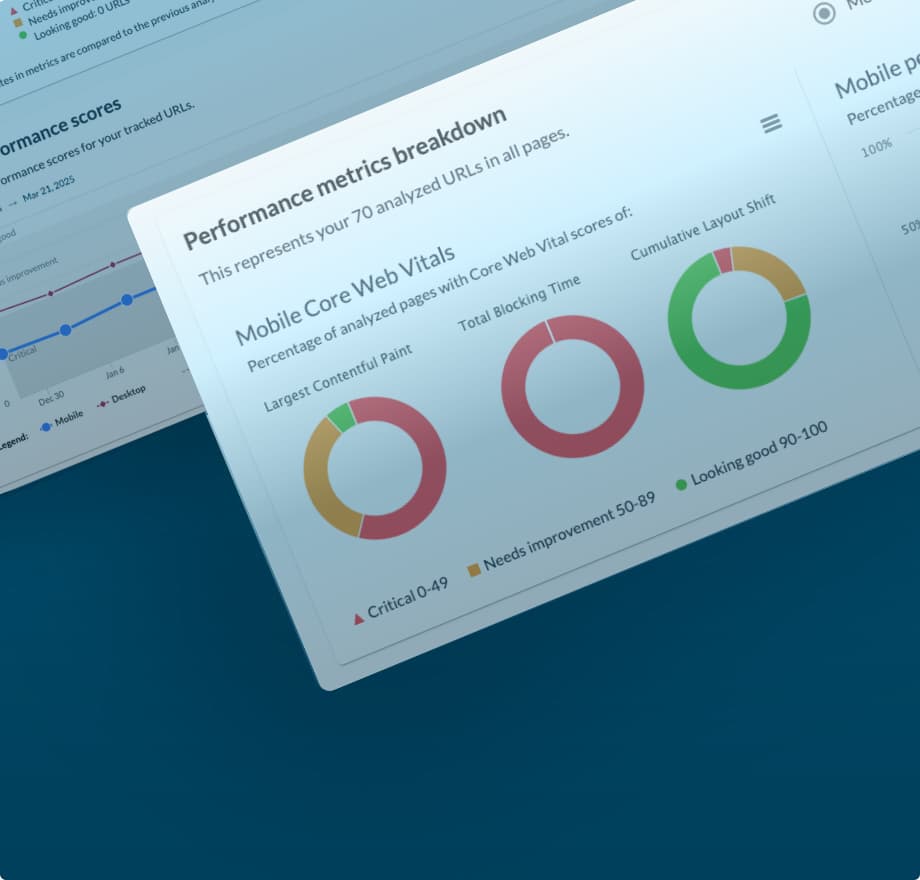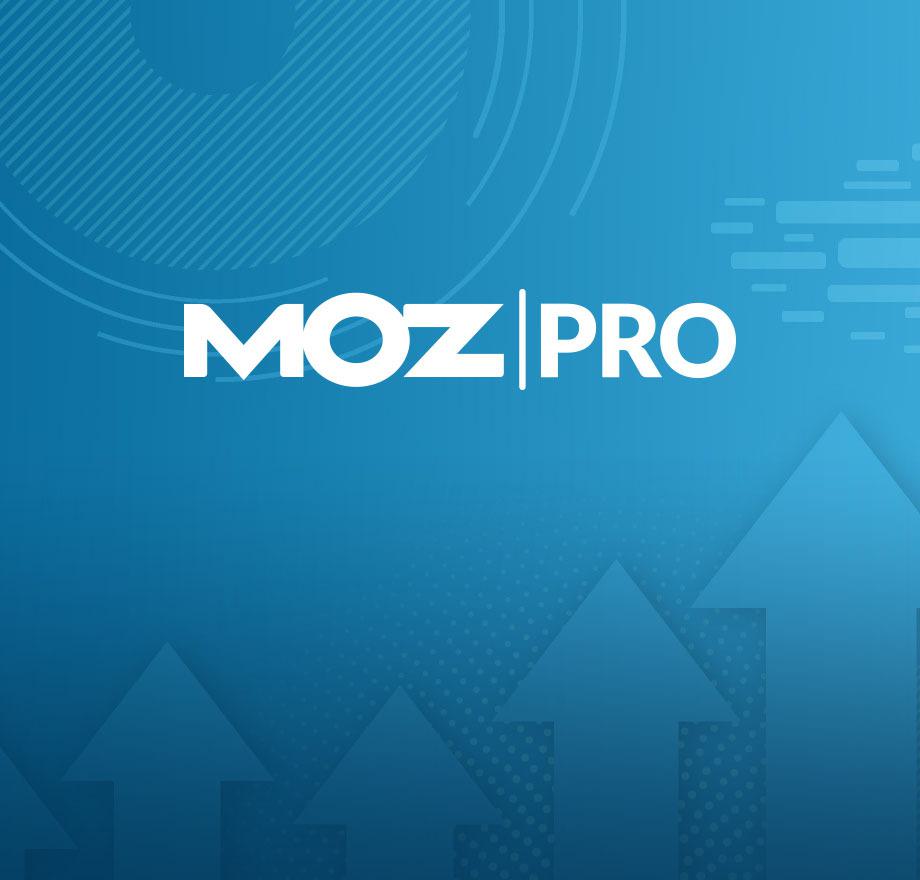Find traffic-driving keyword and content opportunities with Keyword Gap
With metrics like Traffic Lift, Difficulty, and Monthly Volume all in one place, the newly updated Keyword Gap tool gives you the data you need to gain a competitive edge. Analyze your ranking keywords against those of your competitors to maximize ROI.
Our Latest Updates

Performance Metrics updated to provide improved accuracy and better insights
We’re happy to announce that we’ve updated our system to provide you with more accurate and reliable performance scores in Performance Metrics in Moz Pro Campaigns. This improvement allows us to show you results that better reflect real-world performance.

Performance Metrics updated to provide improved accuracy and better insights
We’re happy to announce that we’ve updated our system to provide you with more accurate and reliable performance scores in Performance Metrics in Moz Pro Campaigns. This improvement allows us to show you results that better reflect real-world performance.

Identify rankings opportunities and gain competitive advantage with the Keyword Gap
We’re excited to announce the release of Keyword Gap 2.0 into beta! This update offers improved functionality and all-new features to help you gain a competitive advantage.

Identify rankings opportunities and gain competitive advantage with the Keyword Gap
We’re excited to announce the release of Keyword Gap 2.0 into beta! This update offers improved functionality and all-new features to help you gain a competitive advantage.

Announcing the new Moz Local – available now
We are excited to announce that the new Moz Local is here! This update to our existing local SEO tool provides an all-new, fully renovated in-app experience for our customers along with new features, AI integration, and more.

Announcing the new Moz Local – available now
We are excited to announce that the new Moz Local is here! This update to our existing local SEO tool provides an all-new, fully renovated in-app experience for our customers along with new features, AI integration, and more.

Brand Authority updated to better assist with competitive positioning
We’re happy to announce that our data set for this helpful metric has been expanded to include the UK, CA, and AU. This update allows for a more holistic view of brand strength across key English-speaking markets and improves the accuracy of this metric for non-US brands.

Brand Authority updated to better assist with competitive positioning
We’re happy to announce that our data set for this helpful metric has been expanded to include the UK, CA, and AU. This update allows for a more holistic view of brand strength across key English-speaking markets and improves the accuracy of this metric for non-US brands.

Check competitor brand power in Moz Pro's SERP Analysis
Analyzing the competitive landscape for your target keywords is now easier than ever with the addition of Brand Authority to the SERP Analysis section of Explore by Keyword. Get a more holistic understanding of the SERP with the addition of this key metric for measuring brand strength.

Check competitor brand power in Moz Pro's SERP Analysis
Analyzing the competitive landscape for your target keywords is now easier than ever with the addition of Brand Authority to the SERP Analysis section of Explore by Keyword. Get a more holistic understanding of the SERP with the addition of this key metric for measuring brand strength.

New Moz API V3 Methods Moved to General Release
We are so excited to announce the previously released Moz API beta methods have been moved to general release. This update includes the migration of URL metrics to the Moz API V3.

New Moz API V3 Methods Moved to General Release
We are so excited to announce the previously released Moz API beta methods have been moved to general release. This update includes the migration of URL metrics to the Moz API V3.
Ready to discover the Moz tools?
With a new user experience, enhanced UI, and the introduction of Moz AI, it’s now even easier to keep an eye on your competition and dominate the SERPs. Give it a try with a free month of Moz Pro, on us.




